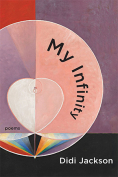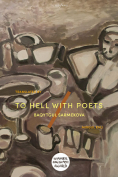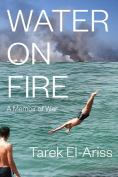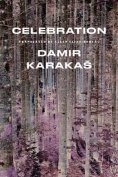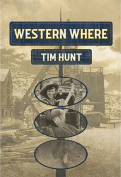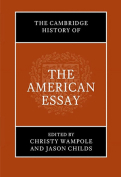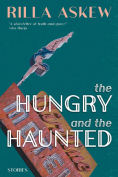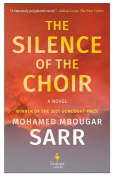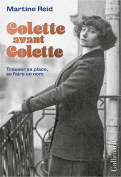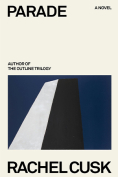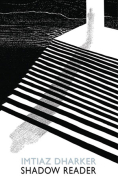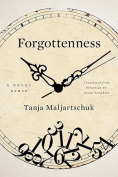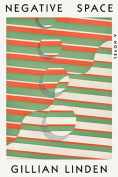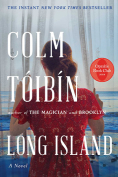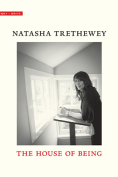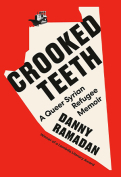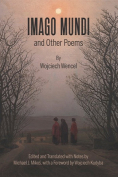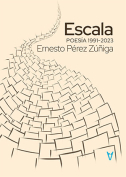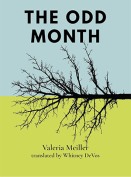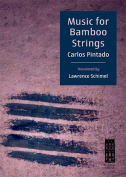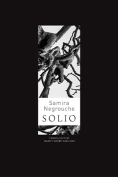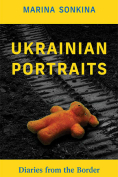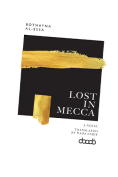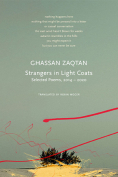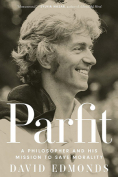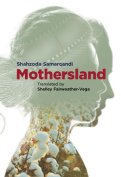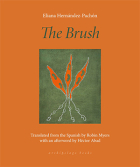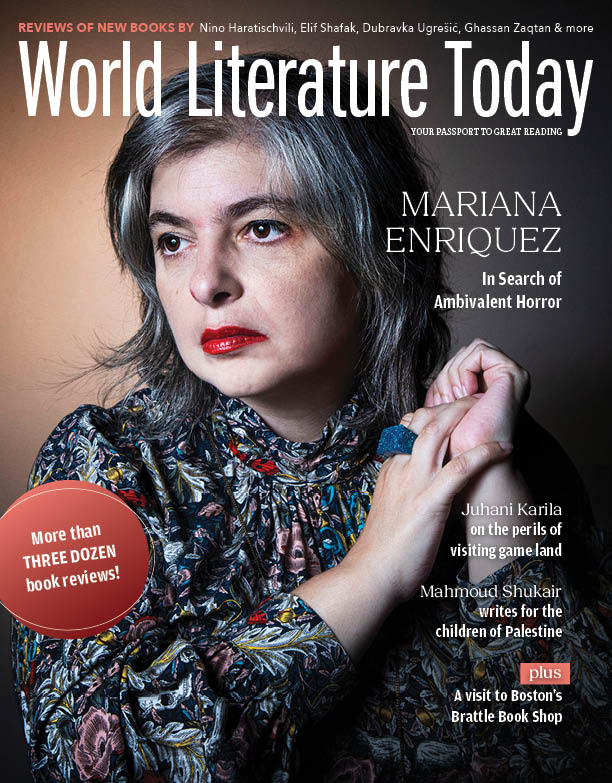Lost in Mecca by Bothayna Al-Essa
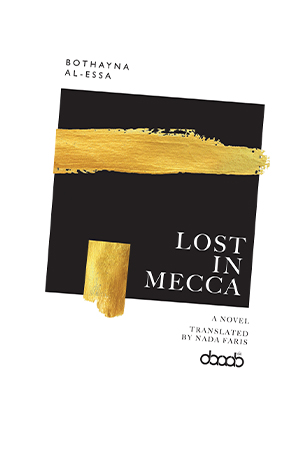 London. Dar Arab. 2024. 484 pages.
London. Dar Arab. 2024. 484 pages.
“Mecca. The Sacred Mosque . . . Before that moment, everything had been fine.”
Thus opens the novel Lost in Mecca, a title paradoxical in its very nature. What can we possibly lose in Mecca, the sacred and holy setting of Islam?
Everything. We can lose love, sanity, dignity, and health. And a seven-year-old Kuwaiti boy who is on the Hajj pilgrimage with his parents. Hajj, an experience that is spiritually enlightening and peaceful, becomes a traumatic experience for the family and the reader.
Lost in Mecca is a Kuwaiti novel by Bothayna Al-Essa, a well-known novelist whose work has appeared in English before: The Book Censor’s Library (2024), All That I Want to Forget (2019). However, this novel is one of the more difficult ones to translate, and I was pleasantly surprised to see the novel translated by writer and poet Nada Faris. This is her first literary translation and an endeavor that is as difficult as finding the lost boy in Mecca. The work oscillates between multiple narrators, from the mother’s perspective to the father’s, the kidnapped child (Mishari), the criminals, indirect speech and thought, and almost a stream-of-consciousness effect where the reader is as lost as Mishari.
But this loss demands that we persevere to find the boy as well as to find meaning in this utterly dark world of crime, human organ trafficking, oppression, and privilege. This is a difficult and gut-wrenching read but an important contribution to Kuwaiti literature in English. It is an exploration of the human condition and the universality of pain, loss, and love. Characters are multifaceted, and it is a complex examination of morality, victimization, and privilege.
Kuwaiti fiction in English is a growing genre with authors writing both in English as well as finding their works translated for a global audience. The work is global in its thematic layers but local in its literary flavor, keeping cultural anecdotes and revealing how words shape people both consciously and unconsciously. It is a book that is both familiar and unfamiliar in its psychological and linguistic territories. A difficult and disturbing read, Lost in Mecca leaves us eventually with the same loss as the title implies.
Shahd Alshammari
Gulf University for Science & Technology, Kuwait
